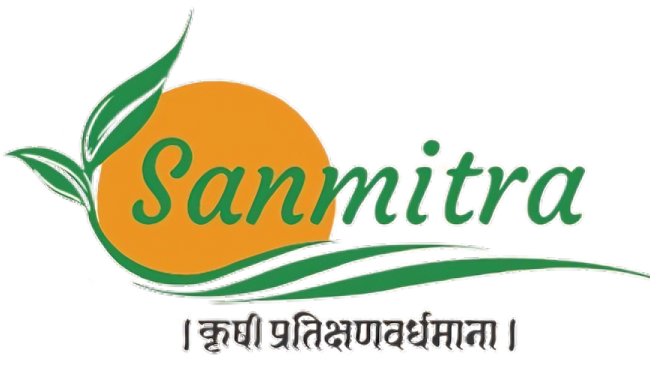Empowering Farmers in Maharashtra: The Rise of Farmer Producer Companies and the Dry Tomato Revolution
Introduction
Agriculture forms the lifeline of rural India, providing livelihood to millions of farmers. In Maharashtra, a significant agricultural state, the concept of Farmer Producer Companies (FPCs) has brought a revolutionary change, empowering farmers and transforming agricultural practices. One notable sector benefiting from this change is dry tomato farming. This blog delves into how FPCs are revolutionizing dry tomato farming in Maharashtra, the advantages they bring to the farming community, and the hurdles they encounter.
Understanding Farmer Producer Companies
Farmer Producer Companies are legally recognized entities created by farmers to enhance their agricultural practices through collective efforts. By pooling resources, FPCs offer farmers better access to high-quality inputs, advanced technologies, financial aid, and broader markets. Registered under the Companies Act, FPCs operate with more flexibility and efficiency compared to traditional cooperatives.
The Significance of Dry Tomatoes in Maharashtra
Maharashtra is a prominent producer of tomatoes in India, and the dry tomato segment holds substantial economic value. Dry tomatoes, with their extended shelf life and concentrated flavor, are highly sought after in both domestic and international markets. However, the sector faces challenges such as price fluctuations, inadequate storage facilities, and limited market access. This is where FPCs step in, providing structured solutions to these issues.
Success Stories: FPCs Transforming Dry Tomato Farming
1. Sahyadri Farms FPC: Sahyadri Farms is a trailblazer among FPCs in Maharashtra, making significant strides in the dry tomato sector. By offering high-quality seeds, training on best practices, and bulk procurement of inputs, Sahyadri Farms has enhanced the yield and quality of dry tomatoes. They have also established direct connections with wholesale buyers and exporters, ensuring farmers get better prices for their produce.
2. Krishi Sanyog FPC: Krishi Sanyog focuses on post-harvest management for dry tomatoes. By setting up advanced storage and processing facilities, they reduce post-harvest losses and ensure the produce meets market standards. Regular market intelligence and price forecasting sessions help farmers make informed decisions about selling their produce.
3. AgriPro FPC: Leveraging digital platforms, AgriPro connects dry tomato farmers directly with buyers through an online marketplace. This eliminates middlemen and ensures fair prices. AgriPro also provides real-time weather updates and pest management advice through a mobile app, helping farmers mitigate risks and maximize yields.
Benefits of FPCs for Dry Tomato Farmers
1. Collective Bargaining Power: FPCs enable farmers to pool resources and negotiate better prices for inputs and outputs. This collective strength helps secure favorable terms and reduce costs.
2. Access to Credit and Insurance: FPCs have improved access to institutional credit and insurance schemes, providing financial security to farmers. This allows them to invest in modern farming techniques and equipment, enhancing productivity.
3. Market Linkages: FPCs establish direct connections with buyers, including wholesalers, retailers, and exporters. This reduces dependency on intermediaries and ensures farmers receive a fair share of the market value.
4.Capacity Building: FPCs conduct training programs and workshops to educate farmers on best agricultural practices, post-harvest management, and market trends. This knowledge empowers farmers to improve the quality and quantity of their produce.
Challenges and the Way Forward
Despite the significant progress, FPCs in the dry tomato sector face several challenges:
1. Limited Awareness: Many farmers are unaware of the benefits of FPCs and hesitate to join. Greater outreach and awareness campaigns are needed to encourage participation.
2. Infrastructure Gaps: Despite advancements, storage, transportation, and processing infrastructure gaps persist. Addressing these requires concerted efforts from both the government and private sector.
3.Policy Support: Continued policy support from the government, including favorable regulations and financial incentives, is crucial for the sustained growth of FPCs.
Conclusion
Farmer Producer Companies are playing a transformative role in dry tomato farming in Maharashtra. By providing farmers with essential resources, knowledge, and market access, FPCs help them overcome traditional challenges and improve their livelihoods. As more farmers adopt this cooperative model, the future of dry tomato farming in Maharashtra looks promising. The success of these FPCs showcases the power of collective action and mutual support in achieving agricultural prosperity, offering a model for farmers across the country.

